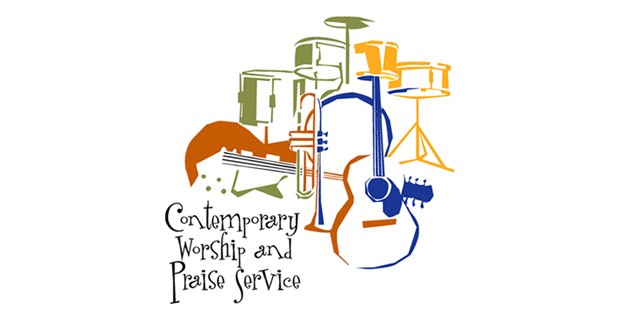I'm at the Sacred Music Colloquium this week, and this article from Crisis today is the fruit of a few conversations. I limited my list to five but it could of course be expanded. Still, fixing these five common practices of the ordinary form would go a very long way toward restoring the true liturgical spirit in the Masses we attend on a regular basis.
Read more
![]()
We are getting ever closer to an improved liturgy in the English-speaking world. The new Missal gives us a more dignified language that more closely reflects the Latin standard. The hippy-dippy rupturism of the past is finally giving way to a more settled and solemn appreciation of the intrinsic majesty of the Roman rite.
A new generation of celebrants is moving past the politicized agendas of the past toward embracing the true spirit of the liturgy. Maybe it hasn’t happened in your parish but the trend is clear: better music, better vestments, better postures and rubrics.
And yet, we all know that things are not what they should be. It is an interesting experiment to travel and attend Sunday Mass at a random parish. You might find wonderful things. Or you might find something else entirely. Having experienced many of the latter, and talking with many other people about their experiences, I here list the top five ways in which the presentation of the liturgy can ruin the liturgical experience.
1. Improvisation of the Liturgical Texts
The problem of celebrants who make up their own words on the spot, in hopes of making the liturgy more chatty and familiar, continues to be a serious annoyance. It is obviously illicit to do so. Celebrants are permitted to break to explain parts of the Mass or provide other special instructions. But they are not permitted to replace liturgical texts with something that they dreamed up on the spot.
This abuse is extremely disorienting and draws undue attention to the personality and personal views of the priest rather than to the theology and ritual prescribed by the Church. It is also ridiculously presumptuous for any one person to imagine that he has a better idea than the liturgical text formed from 2,000 years of tradition.
I have my own theory on why it is so common for celebrants to just make things up on the spot. The older Missal translation dating from 1970 and onward was so casual, chatty, and plain that it encouraged the priest to enter into this world of casual communication. The formality just wasn’t there to encourage a more sober, careful, and accurate presentation. Also, many improvisers just had a sense that the text needed fixing of some sort.
This has changed with the new Missal, and this is all to the good. The new translation is very dignified and requires careful focus. But the habit of riffing around on the prayers remains among many priests.
This is truly tragic for everyone sitting in the pews. If the texts can just be ignored, why shouldn’t the faithful themselves feel free to take what they want and otherwise discard core teachings of the faith? This whole practices encourages a general disrespect for the ritual and even the faith itself.
Read more
